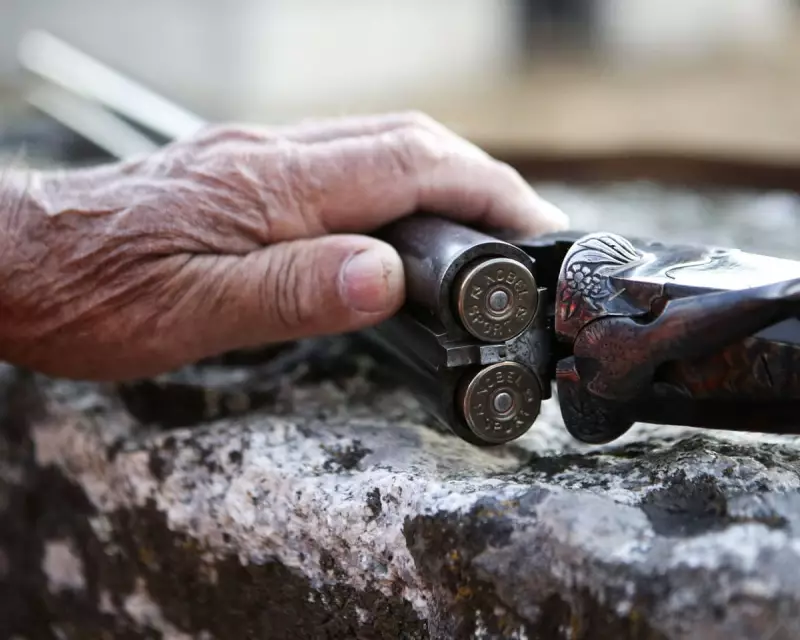
A compelling new analysis has systematically dismantled the long-held justifications for recreational hunting, concluding that so-called 'ethical' arguments fail to morally justify the shooting of animals for sport. The report challenges the very foundation of the hunting community's defence, painting a picture of a pastime rooted in tradition and enjoyment rather than ecological necessity.
The Conservation Claim Unravelled
Pro-hunting advocates frequently posit that controlled culling is an essential tool for wildlife management and conservation. The report, however, finds this argument severely lacking. It highlights a critical contradiction: if conservation were the true goal, non-lethal methods of population control would be prioritised. The analysis suggests the conservation narrative often serves as a convenient veil for the pursuit of a sport.
A Question of Morality and Suffering
At the heart of the critique is the immense suffering inflicted upon shot animals. The article details how many are not killed instantly but endure prolonged, painful deaths, fleeing only to succumb to their injuries later. This inherent unpredictability and capacity for inflicting trauma, the report argues, makes it impossible to brand hunting as a 'humane' or ethically sound practice.
Culture, Tradition, and the Refusal to Evolve
The research identifies a powerful cultural undercurrent driving the persistence of hunting. It is deeply embedded in certain social strata and passed down through generations as a tradition. This cultural weight, the report suggests, creates a strong resistance to change and a reluctance to confront the evolving ethical standards of a modern society that increasingly views such killing of wildlife for entertainment as archaic.
The Public's Growing Unease
The findings align with a discernible shift in public opinion. As awareness of animal sentience grows and welfare concerns move to the forefront of societal debates, the acceptance of blood sports is in steady decline. The report positions the hunting debate within this broader cultural shift, where the act is increasingly seen as a violent anachronism rather than a respectable countryside pursuit.
In conclusion, the report moves the conversation beyond the well-rehearsed arguments of both sides. It calls for a more honest discourse—one that acknowledges that hunting is primarily a leisure activity and that its defence must be wrestled with on those terms, not hidden behind the shaky pillars of false ecology and questionable ethics.





